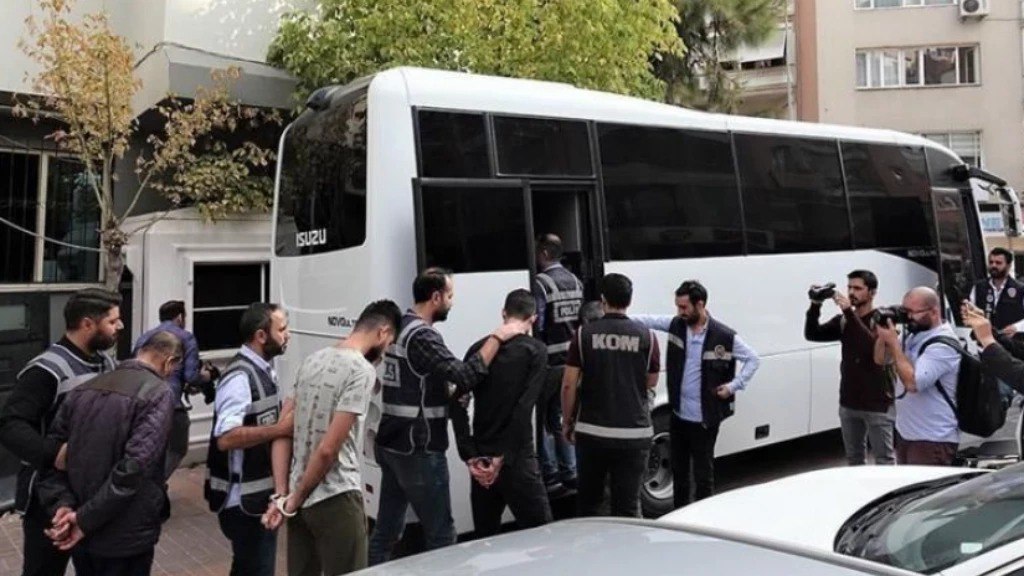Syrian civil organizations have expressed serious concern regarding the recent decision of the Turkish government to forcibly return Syrian refugees to northwestern Syria. They emphasize that such a decision violates the principle of non-refoulement, which is enshrined in international law.
A joint statement by various organizations including The Syrian Network for Human Rights, the Day After, the Syrian American Council, the Syrian British Council, Lawyers and Physicians for Human Rights, the Free Syrian Lawyers Association, and Baytna highlights the systematic and widespread violations committed by all parties involved in the conflict in Syria, particularly the Syrian regime and its Iranian and Russian allies. These violations have led to the forced displacement of nearly 14 million Syrian citizens, both internally displaced and refugees. Some of these actions have reached the level of crimes against humanity. The forced displacement was a consequence of the brutal persecution and repression that has been taking place in Syria since March 2011. As a result, under international law, these individuals have become eligible to seek asylum.
The organizations further explain that due to several factors, including geographical proximity and the length of the border, millions of Syrians were compelled to seek refuge in Turkey. However, because of the 2016 European-Turkish agreement, hundreds of thousands of them were unable to continue their journey to European countries, which provide better rights and care to refugees, including opportunities for permanent residence and citizenship. This agreement resulted in Turkey hosting the largest number of Syrian refugees and receiving substantial funds from the European Union in exchange. While the agreement did grant some basic rights to Syrian refugees, many crucial rights remained unresolved.
According to accounts from some refugees who were forcibly returned from Turkey to Syria, it was found that detention campaigns targeted those who lacked official papers to justify their presence in Turkey. Additionally, Syrian residents who were unable to renew their residence permits or holders of temporary protection cards in states that violated the terms of the card were also targeted. Many of those detained by the Turkish police were subsequently transferred to deportation centers of the Turkish Immigration Department. These deportations involved numerous violations, as detailed in the statement:
Many deportees were subjected to beatings, insults, and humiliation during their detention and deportation.
They were denied the right to appoint a lawyer and object to deportation decisions issued against them.
Detentions took place in public areas and roads, with most deportees unable to say goodbye to their families, resulting in separation from their spouses, children, or mothers who remained in Turkey.
The majority of deportees were unable to resolve their obligations, work, or access their financial and material rights in Turkey, as they found themselves in northern Syria after only 48 hours of detention.
Deportees were left homeless in northern Syria and were deprived of humanitarian aid. For those belonging to other governorates such as Homs, Hama, Damascus, and Daraa, the suffering was compounded due to the lack of connections and resources in northwestern Syria.
The situation raises serious human rights concerns, and the organizations call for urgent attention to protect the rights and well-being of Syrian refugees and prevent further violations of international law.
This article was translated and edited by The Syrian Observer. The Syrian Observer has not verified the content of this story. Responsibility for the information and views set out in this article lies entirely with the author.


